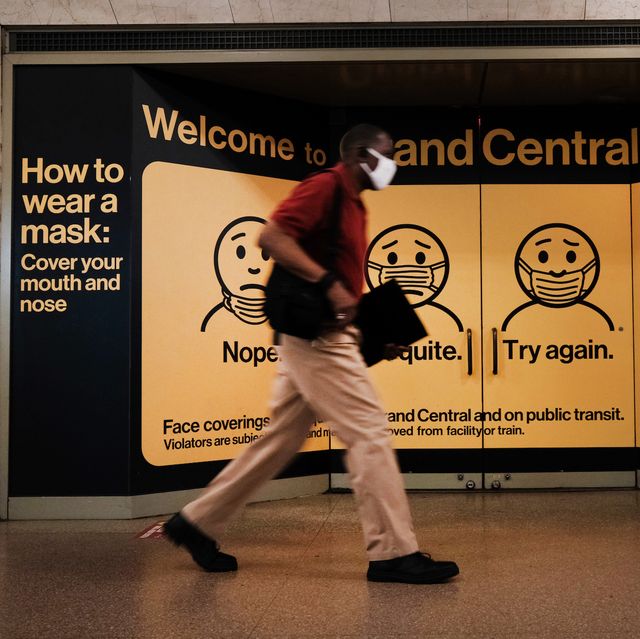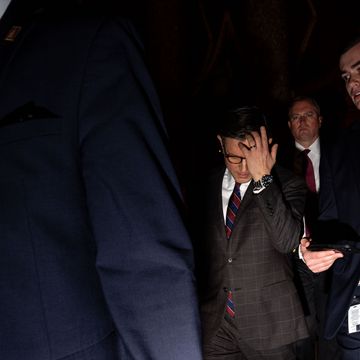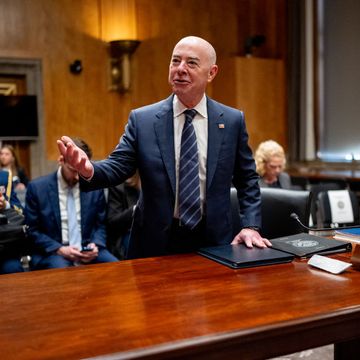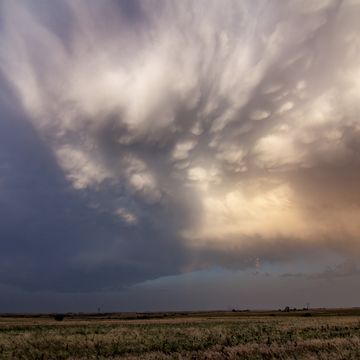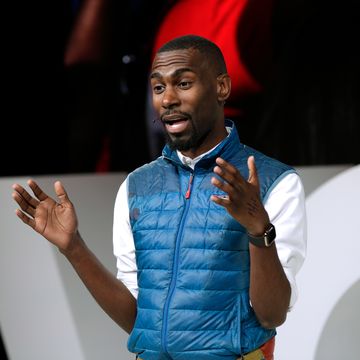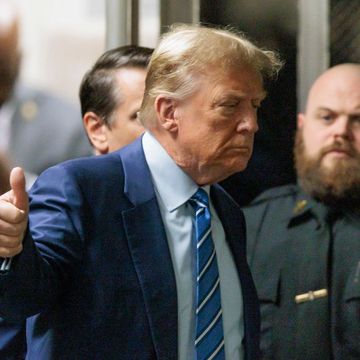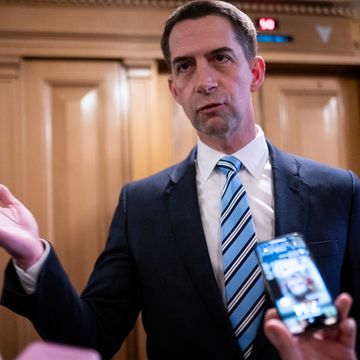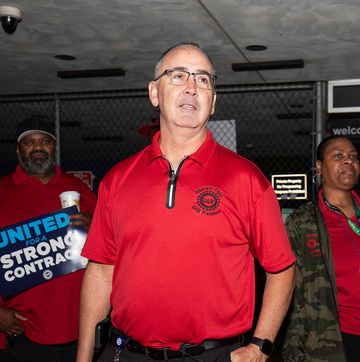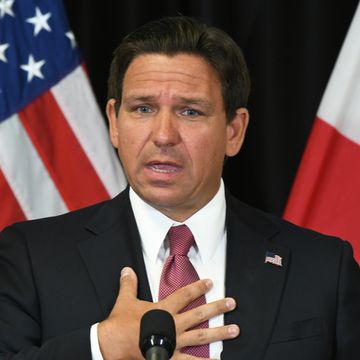Last month, I said that while I still wore a mask in supermarkets and shops, I considered it mostly theater because the evidence suggested risks for fully vaccinated people were very low—risk of serious illness, and risk that they could spread the disease to other people. The idea behind continuing to mask at Trader Joe's was to make others who might be at particular risk, or just particularly concerned, more comfortable as we moved out of the worst of the pandemic. While the risk of serious illness or death for the fully vaccinated remains extremely low even where case levels have risen sharply—as the data out of Great Britain increasingly suggests—the rise of the more infectious Delta variant has made breakthrough infections more common. Again, these are nearly always mild cases of disease, if they're symptomatic at all, but it raises the risk that some vaccinated people could spread the disease to others. Of course, all of this is largely a secondary problem compared to the large number of unvaccinated Americans. That's where the real spread is.
Still, these developments suggest masks are more than theater for the vaccinated. The CDC rescinded its indoor mask mandate for vaccinated Americans back then, but it reinstated the policy on Tuesday for vaccinated people living in areas where there's a high rate of virus transmission. Basically, if there's a lot of virus in your neighborhood at the moment, you should wear a mask in indoor public places. This will seemingly require people to follow the disease prevalence near them day to day, which sounds...hopeful on the part of the CDC. But the reasoning is fair enough: "In rare cases," CDC Director Rochelle Walensky said in a press conference Tuesday afternoon, some fully vaccinated people may be able to transmit the virus. The vast majority of transmission is occurring among unvaccinated people in places with low rates of vaccination, but it is possible—in the rare instances of a breakthrough infection—for vaccinated people to spread the thing.
For unlimited access to Esquire's political coverage, including an exclusive weekly newsletter from Charles P. Pierce, you can join Esquire Select here.
After questions from reporters, Walensky added that this guidance was to give vaccinated people more knowledge of the risks if they are, say, going to visit an immunocompromised relative. It also seems like it should apply to those original scenarios above: if you're using public transportation, or going to a market or shop or other place where at-risk people need to be to live their lives, you should wear a mask while you're inside. The question is whether this is slated to extend to other venues, like restaurants and bars and stadiums, especially when, again, you are at extremely low risk of serious illness if you are vaccinated. Are we supposed to believe fully vaxxed people are going to be masked up at a crowded bar? There is no indication that capacity limits will be reinstated. Probably the most helpful thing would be to demand proof of vaccination, or at least a recent negative test, for entry to these places, but that's a tough sell around these parts.
In the meantime, things are looking a bit vague. It's still not clear how many breakthrough cases there actually have been or how many documented cases of a fully vaccinated person spreading the disease there are. Can you get long-haul COVID if you've been vaccinated? Like it or not, it does seem like we remain in the choose-your-own-adventure stage of the pandemic. Those who are vaccinated but concerned they could become one of the rare cases of breakthrough disease will probably choose to avoid restaurants and bars, or at least indoor seating. All of us should be aware of the scenarios where we may come into contact with people at severe risk, and behave accordingly. But the only realistic solution here, based on these last many months of the American experience, is to get as many people vaccinated as fast as possible to cut down on the number of people hospitalized or worse. The Delta variant is not the end of all things. The vaccines work. If you've had the shots, the odds are astoundingly small that you will die. Let's carry on.
Jack Holmes is a senior staff writer at Esquire, where he covers politics and sports. He also hosts Unapocalypse, a show about solutions to the climate crisis.
